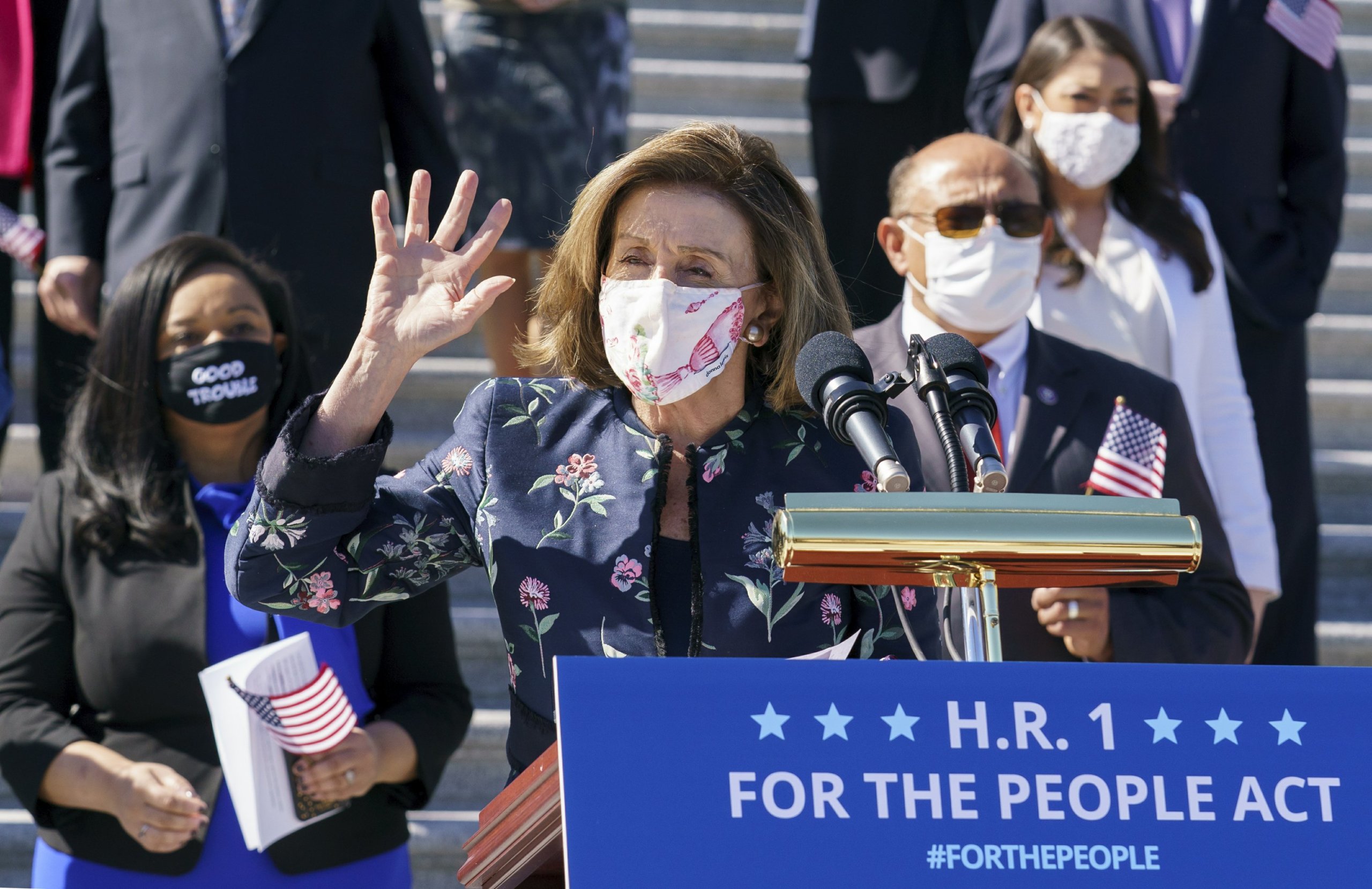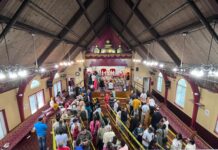Vidya Sethuraman
India Post News Service
On March 18, the House passed HR 6, the American Promise and Dream Act, which aims to provide relief from deportation to DACA recipients, TPS holders, and DALCA children, dependents of highly-skilled foreign workers, who age out of their status once they turn 18. The House also passed HR 1603, the Farm Workforce Modernization Act, which would permit farm workers, and their spouses and children, to earn legal status. Speakers at the April 9 EMS briefing unpacked both bills and offered perspectives on whether the bills will pass the Senate, along with possible compromises and strategies.
Theresa Cardinal Brown, Managing Director, Immigration and Cross-Border Policy, at the Bipartisan Policy Center gave an overview of the two bills HR6 and HR1603. Nine Republicans joined all House Democrats to pass the Dream and Promise Act, H.R. 6, on a 228-197 vote, which would provide green cards and the prospect of eventual citizenship to young undocumented immigrants known as Dreamers.
The Farm Workers Modernization Act (H.R. 1603) would permit farm workers, their spouses, and children to earn legal status through continued employment in the agricultural sector, changing the H-2A agricultural guest worker program. This bill will benefit over a million undocumented farm workers. Both measures passed the Democratic-controlled House in 2019, but were never taken up by the Senate which was then controlled by Republicans. Both measures face serious challenges in the Senate because of the chamber’s 50-50 split. The chances of these bills getting enough Republican support to reach 60 votes in the Senate is very low, renewing debate among Democrats about ending the filibuster.
Patrice Lawrence, Co-director of UndocuBlack Network discussed HR 6’s impact on Temporary Protected Status holders. She leads the network’s advocacy efforts on immigrants’ rights, workers rights, and racial justice. She started by saying, President Biden won this election because of the Black voters. They have announced multiple times that they are working on racial equity, justice. Democrats and Republicans can work together to get these reforms passed. HR 6 is really important as it gives us time. It gives 3 years for them to adjust the status.
José Alonso Munoz is the National Communications Manager for United We Dream said DACA doesn’t protect all undocumented immigrants. The only way to protect them is for Congress to provide a Path of Citizenship swiftly. Democrats who have a majority have to work on getting these reforms passed. They should use all the tools at their disposal and get the Path to Citizenship act passed. Jose narrated his story, a so-called “Dreamer” who arrived in the US as a child, he was told to conceal his immigration status for fear of facing deportation. He received DACA status in 2013, when he was 22 which allowed him to get a work permit and driver’s license.
HR 1603 would provide undocumented farm workers a work permit so that they’re able to continue working in agriculture without that fear that so many of them live with, said Leydy Rangel, National Communications Manager, United Farm Workers Foundation. Those permits will be valid between 4 and 8 years depending on a worker’s experience. After that, workers will be able to apply for legal permanent residency and possibly citizenship if that’s what they choose to do. Farm workers deserve citizenship because of their essential labor for the country; we witnessed this during the pandemic. They are the epitome of essential and have been long before the arrival of COVID-19. If this bill becomes law, these farm workers can work without the lingering fear of deportation or without their children having to worry whether their parents will come home from work each night.
These bills were passed by the US House of Representatives and referred to the Senate, where it awaits a vote. To pass, HR6 needs all 50 Democratic votes in the Senate and 10 from the Republican Party. They are essential not only to our economy but also as valuable members of our families and communities.






